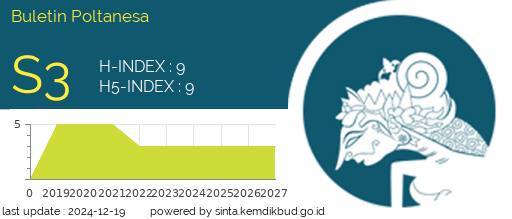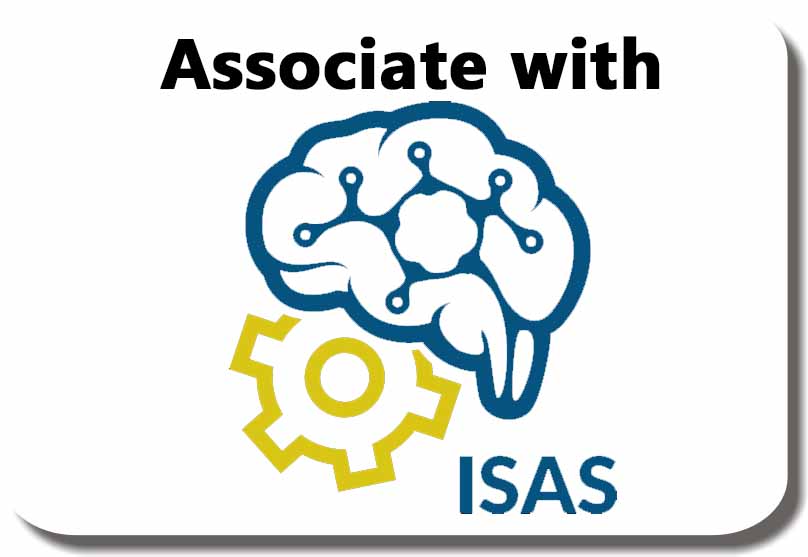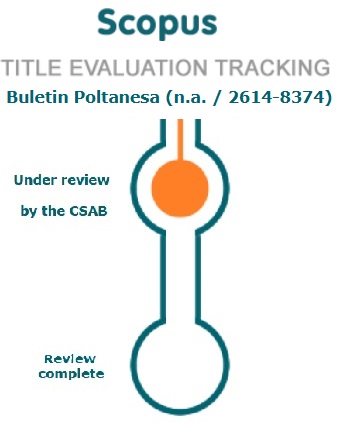Implementation of Smart City Program Policy on The Use of Samagov Application in Digital Sub-District of Samarinda Seberang
DOI:
https://doi.org/10.51967/tanesa.v26i1.3389Keywords:
Policy Implementation, Digital Governance, Samagov, Smart City, Public Service InnovationAbstract
This research investigates the implementation of the Smart City program policy through the application of Samagov within the digital sub-district initiative in Samarinda Seberang. The study aims to examine the extent to which the policy has been realized in practice, as well as to identify the supporting and inhibiting factors influencing its effectiveness. Employing a qualitative descriptive approach, the data were collected through in-depth interviews, document analysis, and field observations. The research framework is grounded in George C. Edward III’s policy implementation model, which emphasizes four core variables: communication, resources, disposition of implementers, and bureaucratic structure. The findings reveal that although the application represents a strategic effort in modernizing public service delivery, several significant obstacles remain. These include ineffective communication between stakeholders, lack of clarity in information dissemination, insufficient trained human resources, and a bureaucratic structure that is not yet adaptive to digital transformation. Additionally, the supporting Standard Operating Procedures (SOPs) are still under development, which has led to inconsistencies in service execution. On the other hand, some enabling factors were identified, such as leadership commitment, availability of digital infrastructure, and collaboration with technology providers. The study concludes that a more structured and inclusive implementation strategy is needed, particularly by improving inter-agency coordination, simplifying SOPs, providing regular technical training, and increasing community digital literacy. The establishment of digital service units at the sub-district level is also recommended to ensure service consistency and accessibility. Effective policy implementation in this context is expected to accelerate digital governance practices and contribute to more transparent, efficient, and inclusive public service delivery in line with the Smart City vision.
References
Creswell, J. W., & Plano Clark, V. L. (2022). Designing and conducting mixed methods research (4th ed.). SAGE Publications..
Diskominfo Samarinda. (2023). Laporan Implementasi Aplikasi Smagov Tahun 2023. Samarinda: Dinas Komunikasi dan Informatika Kota Samarinda.
Edelmann, N., Haug, N., & Mergel, I. (2023). Digital Transformation in the Public Sector. https://doi.org/10.4337/9781802202595.Digital.Transformation.in
Frinaldi, A., T Rezeki, A. P., & Saputra, B. (2024). Digital Transformation of Government Administration: Analysis of Efficiency, Transparency, and Challenges in Indonesia. AAPA-EROPA-AGPA-IAPA International Conference 2024 Towards World Class Bureaucracy. https://doi.org/10.30589/proceedings.2024.1096.
Gaspar, N. A., Waworundeng, W., & Kumayas, N. (2023). Efektivitas Pelayanan Publik Berbasis Aplikasi Bitung Digital City (DC) Di Kecamatan Madidir Kota Bitung. GOVERNANCE, 3(1).
Jayamuna, I. M., Tresiana, N., & Duadji, N. (2024). Building Agility and Adaptive Governance Through Digital Bureaucracy Ecosystem for Innovative Public Policy ARTICLE INFORMATION ABSTRACT. In Jurnal Ilmu Administrasi Media Pengembangan Ilmu dan Praktek Administrasi (Vol. 21, Issue 2).
Jayanthi, R., Dinaseviani, A., Indraprahasta, G. S., & Sitompul, R. (2022). Digital technology and smart village development in Banyuwangi, Indonesia: an exploratory study. Bulletin of Geography. Socio-Economic Series, 57, 79–91. https://doi.org/10.12775/bgss-2022-0024
KemenPANRB. (2018). Peraturan Presiden Nomor 95 Tahun 2018 tentang Sistem Pemerintahan Berbasis Elektronik (SPBE). Jakarta: Kementerian Pendayagunaan Aparatur Negara dan Reformasi Birokrasi.
Kominfo. (2021). Panduan Pelaksanaan Gerakan Menuju 100 Smart City. Jakarta: Kementerian Komunikasi dan Informatika Republik Indonesia.
Marselia, S. (2022). Smart City Challenges in Indonesia: Between Digital Ambition and Administrative Realities. Jakarta: LP3ES.
Marselia, V. (2022). Analisis Implementasi E-Government pada Pemerintahan Daerah di Indonesia. Jurnal Administrasi Publik, 19(1), 45–58.
Mashau, N., & Kroeze, J. (2024). A Readiness Assessment Tool for Smart City Implementation in Small and Rural Municipalities. Journal of Information Systems and Informatics, 6(4). https://doi.org/10.51519/journalisi.v6i4.937
Mergel, I., Ganapati, S., & Whitford, A. (2020). Agile: A New Way of Governing. Public Administration Review, 81. https://doi.org/10.1111/puar.13202
Miles, M. B., Huberman, A. M., & Saldaña, J. (2020). Qualitative Data Analysis: A Methods Sourcebook (4th ed.). Thousand Oaks, CA: SAGE Publications.
Nafi’ah, B. A. (2022). Challenges of Implementing an Electronic-Based Government System in Local Governments. KnE Social Sciences. https://doi.org/10.18502/kss.v7i9.10932
Novianto, N. (2023). Systematic Literature Review: Models of digital transformation in the public sector. Policy & Governance Review, 7(2), 170-194. doi:10.30589/pgr.v7i2.753.
Pethig, F., Kroenung, J., & Noeltner, M. (2021). A stigma power perspective on digital government service avoidance. Government Information Quarterly, 38(2), 101545. https://doi.org/https://doi.org/10.1016/j.giq.2020.101545
Prayogo, W. (2022). Effectiveness Of E-Government Implementation In Public Services In The Land Office Of Semarang City. International Journal of Educational Research & Social Sciences, 3(4), 1727–1733. https://doi.org/10.51601/ijersc.v3i4.452
Terlizzi, A. (2021). The Digitalization of the Public Sector: A Systematic Literature Review. The Italian Journal of Public Policy, 16, 5–38. https://doi.org/10.1483/100372
Zukhrian Warsdapama, G., Nurmandi, A., & Fridayani, H. D. (2024). Digitalisasi Daerah: Implementasi Pelayanan Publik Di Kota Semarang Berbasis Smart City Dimensi Smart Government. JIHHP, 4(5). https://doi.org/10.38035/jihhp.v4i5
Downloads
Published
How to Cite
Issue
Section
License
Copyright (c) 2025 Buletin Poltanesa

This work is licensed under a Creative Commons Attribution-ShareAlike 4.0 International License.
The copyright of this article is transferred to Buletin Poltanesa and Politeknik Pertanian Negeri Samarinda, when the article is accepted for publication. the authors transfer all and all rights into and to paper including but not limited to all copyrights in the Buletin Poltanesa. The author represents and warrants that the original is the original and that he/she is the author of this paper unless the material is clearly identified as the original source, with notification of the permission of the copyright owner if necessary.
A Copyright permission is obtained for material published elsewhere and who require permission for this reproduction. Furthermore, I / We hereby transfer the unlimited publication rights of the above paper to Poltanesa. Copyright transfer includes exclusive rights to reproduce and distribute articles, including reprints, translations, photographic reproductions, microforms, electronic forms (offline, online), or other similar reproductions.
The author's mark is appropriate for and accepts responsibility for releasing this material on behalf of any and all coauthor. This Agreement shall be signed by at least one author who has obtained the consent of the co-author (s) if applicable. After the submission of this agreement is signed by the author concerned, the amendment of the author or in the order of the author listed shall not be accepted.








